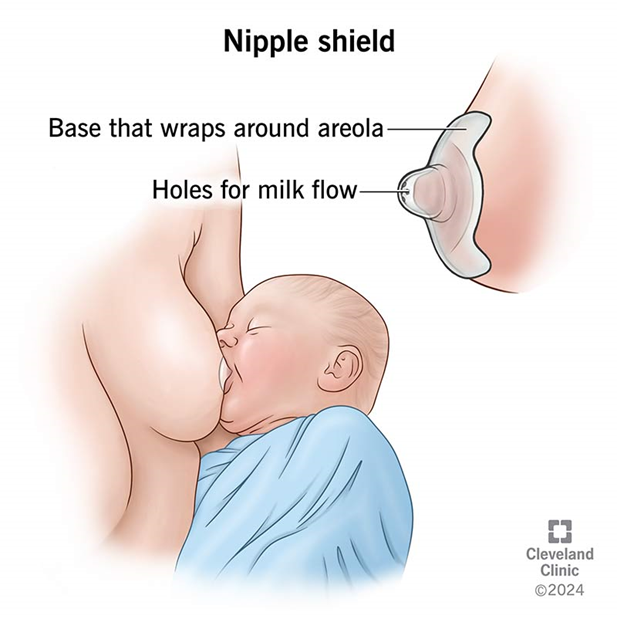A 16-year-old client is asking the practical nurse (PN) what can be done about acne. Which recommendation should the PN provide?
Refer to the dermatologist for prescribed long-term therapy
Wash the hair and skin daily with mild soap and warm water
Express blackheads and follow with an exfoliating scrub
Omit chocolate, carbonated drinks, and fried foods from the diet
None
None
The Correct Answer is B
The correct answer is Choice B
Choice A rationale: Dermatologist referral is appropriate for severe or treatment-resistant acne, not first-line advice for mild to moderate adolescent acne.
Choice B rationale: Daily cleansing with mild soap removes excess oil and bacteria, reducing clogged pores and inflammation without irritating the skin barrier.
Choice C rationale: Expressing blackheads can damage follicles, increase inflammation, and risk scarring or infection, especially without sterile technique.
Choice D rationale: Diet’s role in acne is inconclusive; while some foods may influence acne in sensitive individuals, evidence does not support blanket elimination of chocolate or fried foods.
Nursing Test Bank
Naxlex Comprehensive Predictor Exams
Related Questions
Correct Answer is C
Explanation
The correct answer is c. Recommend using a breast shield.
Choice A reason: Offering supplemental formula feedings is not the first-line action for inverted nipples as it does not address the issue and may lead to nipple confusion, potentially complicating future breastfeeding attempts.
Choice B reason: Teaching about the use of a breast pump is beneficial for milk expression but does not directly assist with the immediate concern of latching issues due to inverted nipples.
Choice C reason: Using a breast shield can be helpful for mothers with inverted nipples. It can temporarily draw out the nipple, allowing the baby to latch on more easily. This tool acts as a bridge between the breast and the baby's mouth, facilitating breastfeeding while the mother works on long-term solutions for her inverted nipples.
Choice D reason: Encouraging the use of ice on the areola may temporarily stiffen the nipple, but it is not a recommended practice for addressing inverted nipples as it can cause discomfort and may not be effective in promoting a successful latch.

Correct Answer is B
Explanation
Choice A rationale:
The statement, "This medication will help regulate my mood and anxiety," is an accurate description of how antidepressants work. Antidepressants can help improve mood and reduce anxiety symptoms over time.
Choice B rationale:
This is the correct answer. Expecting immediate results from antidepressant medication is a misunderstanding. Antidepressants typically take several weeks to show their full therapeutic effects. Clients need to be informed about the delayed onset of action.
Choice C rationale:
The statement, "I may experience side effects such as nausea and drowsiness," is accurate. Antidepressants can indeed cause side effects, including gastrointestinal symptoms like nausea and drowsiness. This information is essential for the client to be aware of.
Choice D rationale:
This statement is correct. It is crucial to take antidepressant medication consistently as prescribed for the best therapeutic outcomes. Stopping or missing doses without consulting a healthcare provider can lead to treatment ineffectiveness.
Whether you are a student looking to ace your exams or a practicing nurse seeking to enhance your expertise , our nursing education contents will empower you with the confidence and competence to make a difference in the lives of patients and become a respected leader in the healthcare field.
Visit Naxlex, invest in your future and unlock endless possibilities with our unparalleled nursing education contents today
Report Wrong Answer on the Current Question
Do you disagree with the answer? If yes, what is your expected answer? Explain.
Kindly be descriptive with the issue you are facing.
